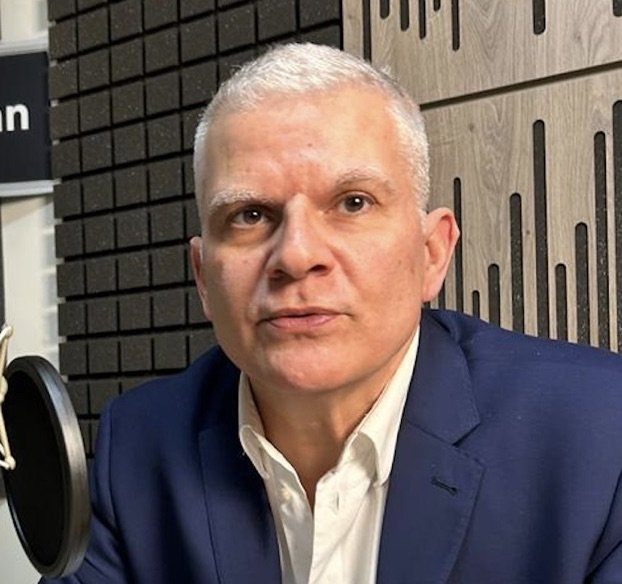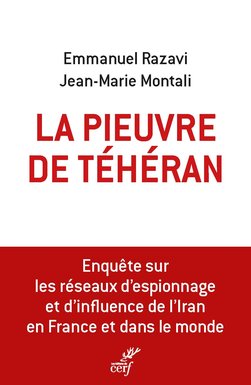
 $
$
Politique Internationale— If the Israelis and Americans had continued their operation, do you think they could have brought about the fall of the Iranian mullahs?
Emmanuel Razavi — It's very likely. In any case, that's what many Iranians were hoping for. They thought the Israelis were trying to create conditions conducive to an uprising. I would like to emphasize a point that I think is essential: today, we know for a fact that two-thirds of the population is against the regime. How do we know this? Two years ago, the Basij, the civilian militia of the Islamic Revolutionary Guard Corps, which has an intelligence service, commissioned a study at the request of Supreme Leader Ali Khamenei. When asked, "What do Iranians think of the Islamic Republic?", 71% of respondents said they no longer wanted it. This is an internal document, so it is above suspicion. This is not the first time that such documents have been leaked to the West; some are false, others are true. But this one clearly indicates that there is a huge divide between the majority of Iranians and those who govern them. This divide between the people and the regime comes amid significant differences between conservatives from the 1979 Islamic revolution and those known as "reformers." I put "reformers" in quotation marks because they are, in fact, rather mafia-like wheeler-dealers, who invest in arms and drug trafficking and the prostitution of minors, among other things. They are not hostile to an opening towards the West that would allow them to maintain their stranglehold on the business they control with certain leaders of the Revolutionary Guards.
P. I. — Does Iranian civil society have the means to destabilize the regime?
E. R. — The conditions must be right for Iranians to take to the streets, as they have done on several occasions. The last time was during the Women, Life, Freedom revolution, which was brutally suppressed and resulted in thousands of arrests, disappearances, and rapes. Today, Iranians cannot protest for the simple reason that they are unarmed and do not have the support of Western powers. The Iranians I have been able to interview, including ordinary people such as farmers, taxi drivers, doctors, and executives, all say they have been extremely disappointed by Europe's position, particularly that of France, which has sought to appease the mullahs at a time when we could have tried to bring down the regime. There is real disappointment today. But the Iranians are not ready to take to the streets again unless they have the assurance of outside support.
P. I. — Should the Europeans and Americans supply arms to the opposition?
E. R. — No, that's not the point. To paralyze the economy, large-scale strikes must be launched in key companies such as electricity suppliers and water companies. But in a country where two-thirds of the population no longer has access to drinking water, where one in two Iranians cannot afford to eat once a day, and where more …
This website is freely accessible. To continue reading, you need to register an account.
I already have an account
I create my account
This will be your personal account where you could consult anytime :
- Order history
- Links to purchased magazines, articles, or interviews
- Personal informations













